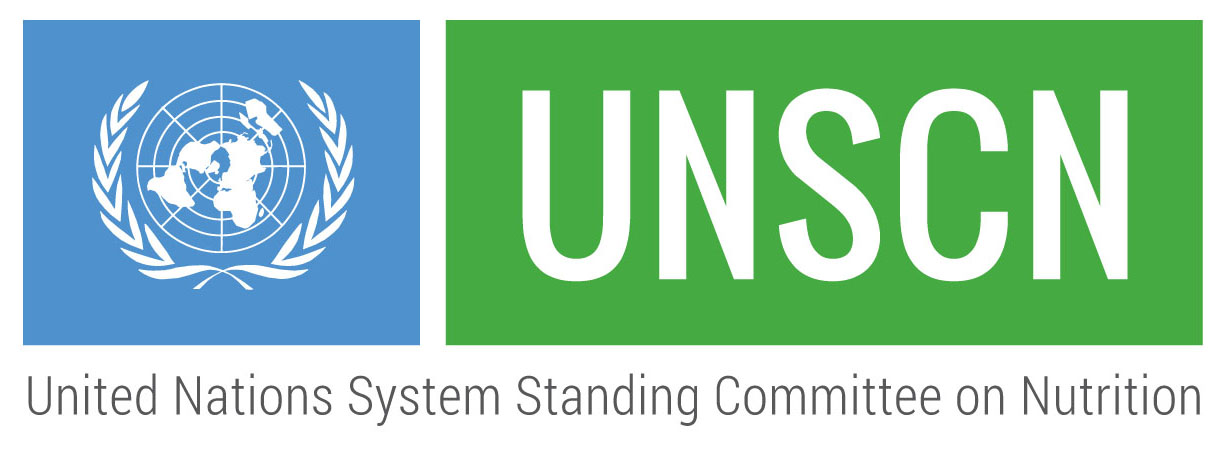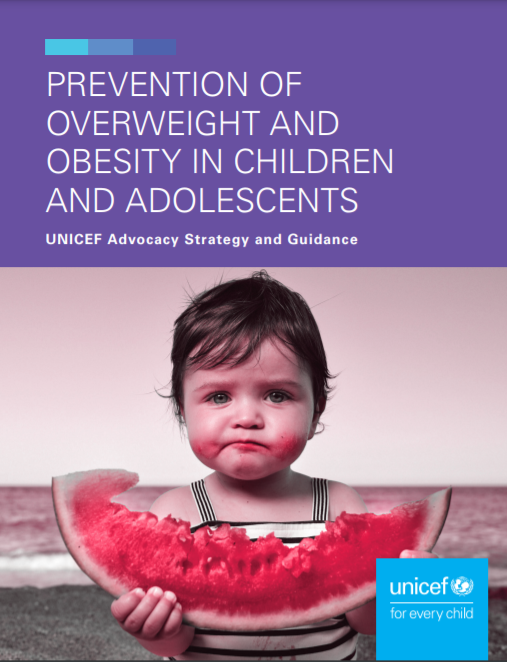Methods, Tools and Indicators
Call for comments on the draft WHO Guidelines on saturated fatty acid and trans-fatty intake for adults and children

Public consultation open from 04 May to 1 June 2018
Noncommunicable diseases (NCDs) are the leading causes of death and were responsible for an estimated 39.5 million (72%) of the world’s 54.7 million deaths in 2016. Of the major NCDs, cardiovascular diseases (CVD) were the leading cause of NCD mortality in 2016 and was responsible for nearly half of all NCD deaths. Modifiable risk factors such as unhealthy diet, physical inactivity, tobacco use and harmful use of alcohol are major causes of CVDs. Dietary saturated fatty acids and trans-fatty acids are of concern as high levels of intake are correlated with increased risk of CVDs.
Saturated fatty acids are found in foods from animal sources such as butter, milk, meat, salmon, and egg yolks, and some plant-derived products such as chocolate and cocoa butter, coconut, palm and palm kernel oils. Trans-fatty acids can be industrially produced by the partial hydrogenation of vegetable and fish oils, but also occur naturally in meat and dairy products from ruminant animals (e.g. cattle, sheep, goats, camels, etc.). Industrially-produced trans-fatty acids can be found in baked and fried foods (e.g. doughnuts, cookies, crackers and pies), pre-packaged snacks and food, and partially hydrogenated cooking oils and fats which are often used at home, in restaurants, or in the informal sector, such as street vendors.
The WHO Department of Nutrition for Health and Development (NHD) is updating the population nutrient intake goals for the prevention of NCDs established in 1989. Because of this work, WHO has released updated guidance on intake of sodium, potassium and sugars. Furthering this work, guidelines on saturated fatty acid and trans-fatty acid intake have been developed.
The objective of these guidelines is to provide recommendations on the intake of saturated fatty acids and trans-fatty acids to reduce the risk of CVDs in adults and children. The recommendations in these guidelines can be used by policy-makers and programme managers to assess current intake levels of these fatty acids in their populations relative to a benchmark with a view to develop measures to decrease intake of saturated fatty acids and trans-fatty acids, where necessary, through a range of policy actions and public health interventions.
The draft guidelines were developed in accordance with WHO’s procedures for evidence-informed guideline development. As part of this process, WHO Member States and all relevant stakeholders are invited to comment on the draft guidelines. The public consultation will be open from 04 May to 1 June 2018. During this time, the draft guidelines will also undergo peer-review by an external expert group. Once the peer-review and public consultation are complete, the guidelines will be finalized and reviewed by the WHO Guidelines Review Committee for final clearance prior to its official release.
Click here to participate in the public consultation.
Click here for more information about the public consultation.





